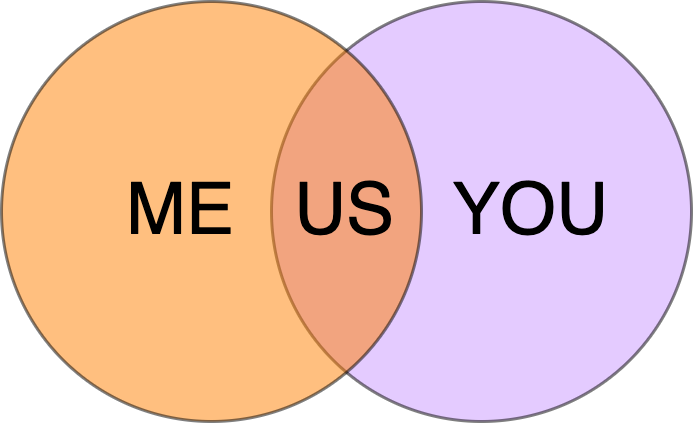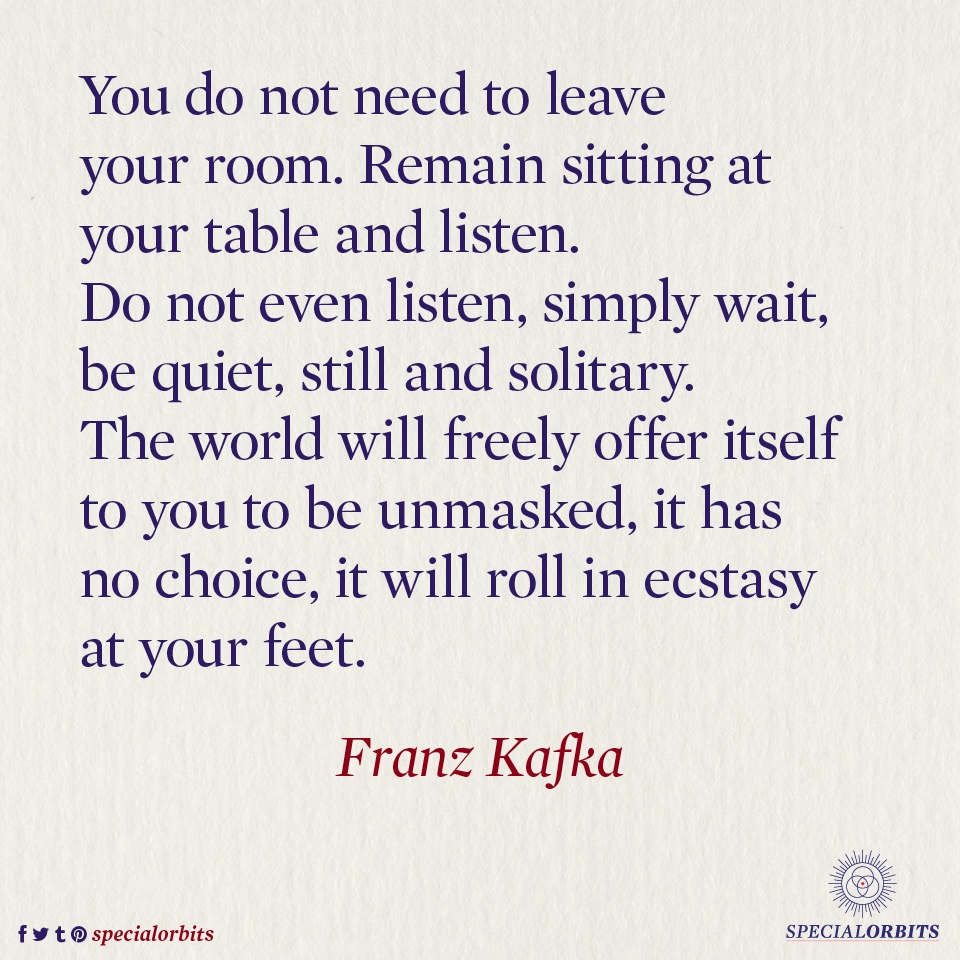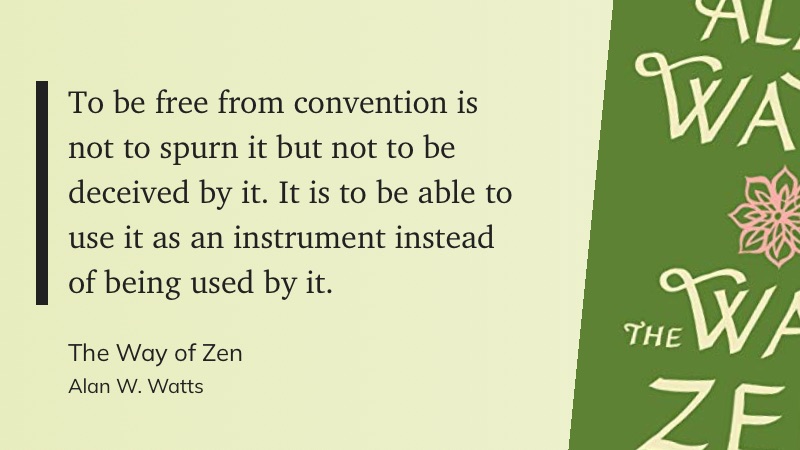The idea of “yes… and…” is a mainstay in improv. It’s also a good attitude to have towards personal development, healing and life in general.
As I generally understand it, the basic idea for “yes… and…” is that it’s about keeping things moving, not shutting them down with something new or overly clever and different. It is collaborating and sharing and not taking the limelight for oneself. It helps to keep the improv going and to build a more cohesive narrative. A useful tool to help everyone play well with others.
The exact, nuanced idea of how it works in improv is less important than the general idea of being open to something that we have in front of us and seeing what we can do to work with it which I think is so valuable.
Sometimes we need to have hard boundaries and close things off. Boundaries are extremely important, but often it’s not so black-and-white. Instead of “No… end of story.”, sometimes we can be open to saying yes to something, but also not sell ourselves out in the process. Maybe we can agree to something for a certain period of time or under specific conditions? Sometimes we can say yes to a person or an idea, but does it mean we have to throw ourselves fully in?
We can say yes and still have boundaries. 1
When it comes to working with other humans, relationships don’t need to be all or nothing either. This may seem like a no-brainer, but we often get lost in how we apply it.
I think that it is easy to get caught up in the extremes of thinking that we need to protect our personal sovereignty if someone does not fully resonate with us. Or that we can be patient, flexible and accommodating, even if it does not resonate or serve us, because we are convinced we can find a way to make things work. You go down either ends of that spectrum of independence-dependence and trouble will be waiting for you.
I’ve heard relationships described as overlapping circles (Venn diagrams). Some people overlap with us a lot (strong connections) and some very little (weak connections). The degree of the relationship is the area where the two circles overlap.
Problems seem to come when we think of connecting with someone as a binary interaction of connection-no connection. From that mindset, someone can be great and they fully resonate with you, they “get” you or they are “not right for us” or “bad news”. Again, at the extremes, this is easy to get. Someone who seems so great and then we find out they are also a serial killer is easy to let go of. (I don’t think it has helped Harley Quinn to be so flexible with her undying love for the Joker, in DC Comics.)
But, what about connections of more marginal relationship overlap? I argue that the marginally overlapping circles of relationships make up a vast majority of the relationships we have. Do they get excluded from regular or larger portions of our lives because they don’t make the cut to be “besties”?
The other extreme is just as bad. It can be easy to delude ourselves into thinking that we completely connect (overlap) with someone. Though some people do definitely have more in common with us than others, it is certainly quite improbable that we are going to find someone who can meet us so completely. 2 This is most likely happening from a deep desire to want connection (and probably some lacking self-esteem and hurt parts in us) and we will convince ourselves by any means possible that this is good and we can make it work. In this scenario, people can go to great lengths to try to make someone meet all their needs, which actually only ends up showing to the other person how different they really are from you. In this scenario of basically trying to absorb the other, we end up missing the true connection by trying to force a complete one.
To apply this “yes… and…“ to relating to others is to simply appreciate them for the amount of the relationship that we realistically have with them.
Life is far more complex than we will ever understand and even though we need limits in order to function well in the world, we don’t need to close ourselves off from many beautiful opportunities, people, etc. when it just might need a little bit more out-of-the-box thinking.
Like with everything, this idea, this interpretation does not work in all situations and is not even appropriate sometimes. Some things need to have hard and fast boundaries. Some things are generally just bad for you and others. We have to see what is right for ourselves in each situation. The idea I’m trying to put forth is that life is not always about us. Things are not always perfect. You sometimes can’t get what you want (Mick Jagger is not wrong). When the miracles or ideal situations we were imagining don’t seem as readily available to us, maybe it’s time to think what our next best option is. We might need to think about how it’s not all about us. That there are good things that aren’t even within our perspective or even preference.
Maybe it’s us that will have to develop and change?
Humans are social creatures and thus most of our problems come out of social environments. Thus, the solutions should also be social. (Again, not everything, but it’s worth consideration.) Life is lonely and limited when we try to be islands unto ourselves. We need personal space and we need those boundaries, but ultimately more connection to the world and others and learning to flow with that is what seems like it would bring us into greater harmony. Even saying the word “harmony“ brings up positive feelings. We can still be us and not be “wasting our time” with others who are “not us”. We can find a great depth of connection with someone, even if there are many things they might not be able or even want to completely share and appreciate with us.
So, consider saying yes to whatever is important to you, but be ready to consider an important “and“ that maybe you can add to it. Maybe it is me thinking that life is short and we have to make the most of it and all the experiences that it can offer, but that does not seem like a bad thing. The world gets a lot bigger and more fun when we are brave enough to step outside of our personal bubbles or feel the need to drag everything into them.
- In his great book The Power of a Positive No, William Ury has the notion of sandwiching a no between two yeses. You need to first stop and think about what you need and want and “say yes to yourself”. You can then set a boundary with some sort of no to support that first yes. Then, only after you have taken the time to fully consider yourself and your needs, you can then engage with someone else to see how you can say yes in a collaborative way with them. ↩
- No one can be fully everything to us and this is worth some discussion at another time, as there is more to say.
Plus, as a wise and dear friend of mine reminds me, “No one wants vanilla all the time.” Different people offer different perspectives of life and it seems a shame to close ourselves off in the hopes of looking for clones of ourselves. ↩




